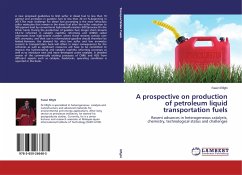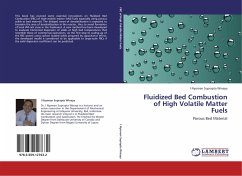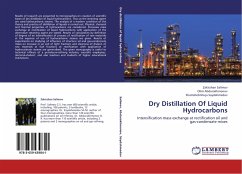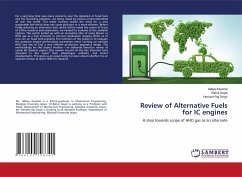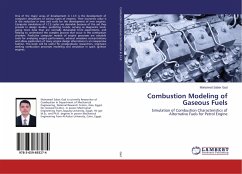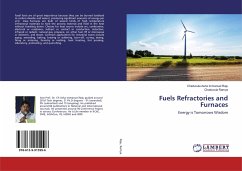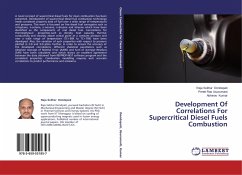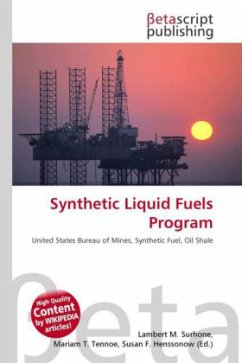A new proposed guidelines to limit sulfur in diesel fuel to less than 10 ppmwt and aromatics in gasoline fuel to less than 20 wt %,beginning in 2013.The main challenge for diesel fuel processing is the most refractory sulfur molecules that remain in the diesel fuel after the sulfur reduction to 500 ppmwt level by conventional hydrodesulfurization (HDS)process.On the Other hand, During the production of gasoline fuel, longer chain streams C6-C12 reformed in catalytic naphtha reforming unit (CNRU) called reformates have high-octane number where those streams contain over 60% aromatics, and their use in reformulated gasoline should therefore be limited.However, the demand for ultra low sulfur and low aromatics content in transportation fuels will reflect in major consequences for the refineries as well as significant resources will have to be committed to improve the hydrotreating and catalytic naphtha reforming processes as well as to introduce new and more developed active catalysts. A detailed review of the commercially existing processes of CNRU and HDS from different aspects such as catalysis, feedstocks, operating conditions is reported in this book.
Bitte wählen Sie Ihr Anliegen aus.
Rechnungen
Retourenschein anfordern
Bestellstatus
Storno

